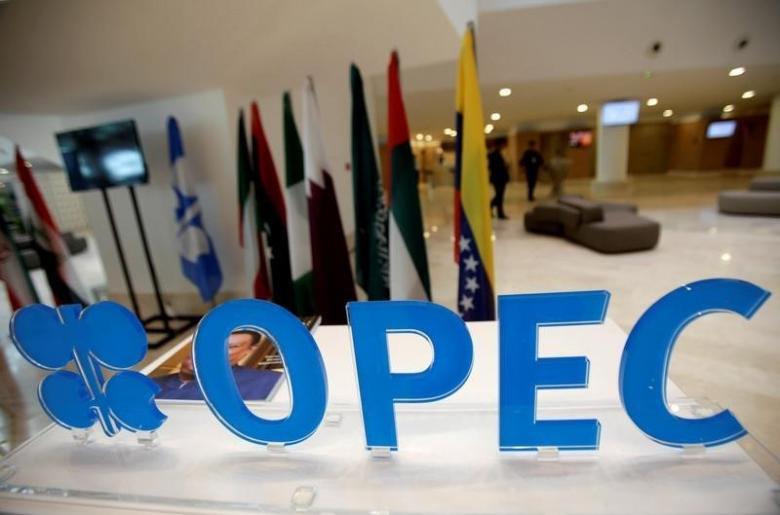Khobar – This is not the first time OPEC countries agree to reduce product, but it is the first time compliance with the agreement reaches 80%-90%, the highest level in the history of OPEC.
Five surveys of OPEC outcome in January revealed that OPEC abided by the agreement of which the least compliance percentage reached 82%, according to a survey Reuters conducted. The highest compliance percentage was 96% according to a survey conducted by an agency which OPEC adopted as a second source among six others.
OPEC countries agreed with exterior independent producers, including Russia, to reduce their product around 1.8 million barrels per day for six months starting from January.
Economist Mohammad Ramadi hailed the results that “OPEC hasn’t witnessed them since thirty years when it started implementing the reduction of outcome in 1983.”
“There are certain consequences that supported OPEC this time to commit in a greater way – majorly that the agreement is for a short-term of six months only. This is actually tempting for countries because it means that oil prices will increase USD15 to USD20 compared to October prices,” Ramandi told Asharq Al-Awsat.
Most of OPEC ministers including these of Kuwait, Algeria and Iran see that oil will trade between USD55 and USD65 in 2017.
Minister of Electricity and Water Essam Al-Marzouq stated recently that no less than 100% compliance to the reductions agreed upon OPEC producers and independents is acceptable.
“Not reaching 100% compliance in January because some countries will gradually increase the percentage during the upcoming months but the good thing is that everyone started to abide by the agreement.”
Saudi Arabia’s Energy Minister Khalid Al-Falih said to journalists in Vienna that there’s been “very strong” compliance with the plan.
